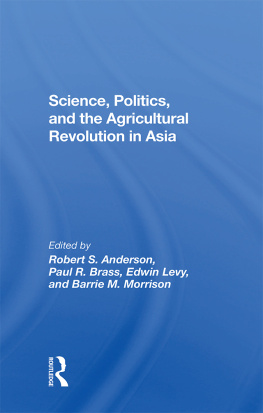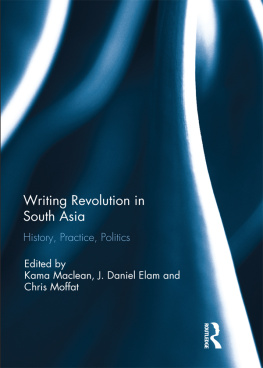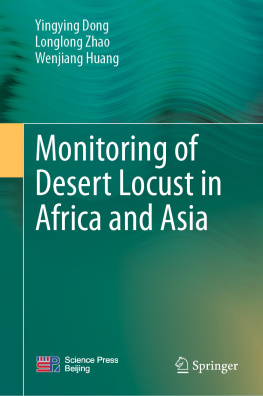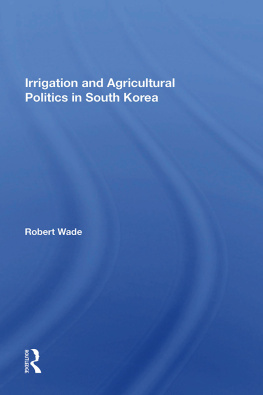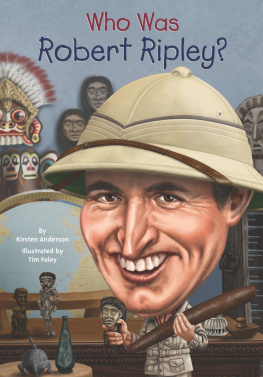Science, Politics, and the Agricultural Revolution in Asia
AAAS Selected Symposia Series
Published by Westview Press, Inc. 5500 Central Avenue, Boulder, Colorado
for the
American Association for the Advancement of Science 1776 Massachusetts Avenue, N.W., Washington, D.C.
Science, Politics, and the Agricultural Revolution in Asia
Edited by Robert S. Anderson , Paul R. Brass , Edwin Levy , and Barrie M. Morrison
First published 1982 by Westview Press
Published 2019 by Routledge
52 Vanderbilt Avenue, New York, NY 10017
2 Park Square, Milton Park, Abingdon, Oxon OX14 4RN
Routledge is an imprint of the Taylor & Francis Group, an informa business
Copyright 1982 by the American Association for the Advancement of Science
All rights reserved. No part of this book may be reprinted or reproduced or utilised in any form or by any electronic, mechanical, or other means, now known or hereafter invented, including photocopying and recording, or in any information storage or retrieval system, without permission in writing from the publishers.
Notice:
Product or corporate names may be trademarks and are used only for identification and explanation without intent to infringe.
Library of Congress Catalog Card Number: 82-050264
ISBN 13: 978-0-367-28673-6 (hbk)
About the Book
Agriculture in southern Asia has undergone a radical transformation in recent years, one that continues to alter the political economy of the area. Beyond the familiar elements of the green revolution, there has been an increase in resource exploitation for food production, and a rise in the economic and political strength of food producers, as well as the emergence of new political parties, land reform, and class polarization. In this context, the authors review the experiences of Asian farmers with commercial agriculture and the role of research institutions in fostering commercialism. They examine major issues associated with the "technology-first" phase of the agricultural revolution, then explore alternate routes to productive agriculture and rural development. After looking at specific examples of the interplay between science, technology, and agricultural change in Asia, they point to expected future developments, describe the kinds of research that may be needed for the next phase of agricultural development, and analyze the role of international funding agencies in encouraging what increasingly appears to be inappropriate research.
About the Series
The AAAS Selected Symposia Series was begun in 1977 to provide a means for more permanently recording and more widely disseminating some of the valuable material which is discussed at the AAAS Annual National Meetings. The volumes in this Series are based on symposia held at the Meetings which address topics of current and continuing significance, both within and among the sciences, and in the areas in which science and technology impact on public policy, the Series format is designed to provide for rapid dissemination of information, so the papers are not typeset but are reproduced directly from the camera-copy submitted by the authors. The papers are organized and edited by the symposium arrangers who then become the editors of the various volumes. Most papers published in this Series are original contributions which have not been previously published, although in some cases additional papers from other sources have been added by an editor to provide a more comprehensive view of a particular topic. Symposia may be reports of new research or reviews of established work, particularly work of an interdisciplinary nature, since the AAAS Annual Meetings typically embrace the full range of the sciences and their societal implications.
WILLIAM D. CAREY
Executive Officer
American Association for
the Advancement of Science
Contents
--Robert S. Anderson, Barrie M. Morrison
--Paul R. Brass
--Terence J. Byres
--Aruna Nayyar Michie
-- Paul R. Brass
--D. P. Singh
--Barrie M. Morrison
--Ch. Krishnamoorthy
--Barrie M. Morrison
--Benedict R. Stavis
--Edwin Levy
--Harry M. Cleaver, Jr
--Edwin Levy
--Richard R. Harwood
--Robert S. Anderson
--Robert S. Anderson
--Peter Oram
--Randolph Barker, Robert W. Herdt
--Norman K. Nicholson
--Frances Moore Lapp, Joseph Collins,David Kinley
Robert S. Anderson is associate professor in the department of Communication at Simon Eraser University, Burnaby, British Columbia. His interests are in the political economy of rural development in South Asia, the role of communication in international development, and the history and organization of scientific institutions, and he is a former director of the Quaker Service, Bangladesh. His publications include Building Scientific Institutions in India ( Centre for Developing Area Studies, McGill University, 1975 ) .
Paul R. Brass is professor of political science at the University of Washington, Seattle. He has done research on the political and ethical consequences of the transfer of agricultural technology to South Asian countries, especially India, and his books include Language, Religion, and Politics in North India ( Cambridge University Press, 1974 ) and Radical Politics in South Asia ( MIT Press, 1973 ) .
Edwin Levy, associate professor and acting head of the Department of Philosophy at the University of British Columbia, has written on the ethical and value presuppositions involved in cost-benefit analysis and risk assessment and on the roles and responsibilities of scientists in technology transfers.
Barrie M. Morrison is professor of Asian Studies at the University of British Columbia. A specialist in South Asian development studies , he has written on the rural crisis in Asia, arid he is coeditor of The Rural Disintegrating Village: Social Change in Rural Sri Lanka ( with M.P. Moore and M. Lebbe; Colombo: Lake House Investments, Ltd., 1979 ) .
Randolph Barker is professor of agricultural economics at Cornell University . From 1967 to 1978 he was head of the Department of Agricultural Economics at the International Rice Research Institute in Manila, Philippines, and he has published extensively on food and vice production in Asia.
Terence J. Byres is a lecturer in economics in the School of Oriental and African Studies at the University of London and an associate of the Institute of Development at the University of Sussex. A specialist in peasant studies and the political economy of South Asia , he is the author of Inequality: India and China Compared, 1950-70 ( with P. Nolan; Open University Press, 1976 ) and the editor of Foreign Resources and Economic Development ( London: Frank Case , 1972 ) and of the Journal of Peasant Studies.
Harry M. Cleaver, Jr., an assistant professor of economies at the University of Texas, Austin, has specialised in development and Marxian economics. He has written on the origins and contradictions of the Green Revolution, and he is the author of Reading Capital Politically ( University of Texas Press, 1979 ) .




